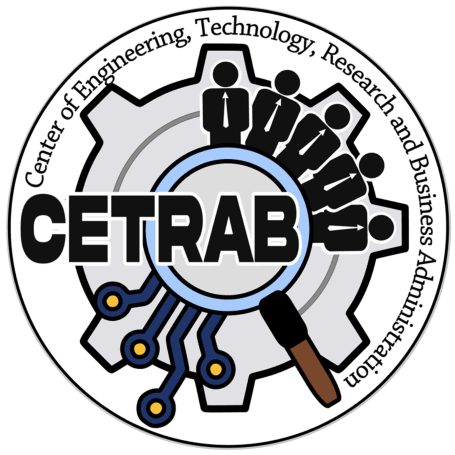IJETRBA Peer Review Policy and Procedure
The International Journal of Engineering,Technology, Research, and Business Administration (IJETRBA) is committed to a peer review process that is transparent, fair, objective, and rigorous. Our policy is periodically reviewed to ensure it aligns with evolving best practices in scholarly publishing.
Editorial Oversight
The Editor-in-Chief appoints members to the Editorial Board, primarily as Decision Editors responsible for overseeing the peer review of submitted manuscripts. Some members may serve in special editorial roles unrelated to peer review.
Editorial Board appointments consider:
Expertise in relevant research fields
Geographic and topical diversity
Peer or editorial nominations
Professional conduct and experience
Each term lasts three years, with potential reappointment based on periodic performance evaluations, which include qualitative and quantitative measures (e.g., manuscript turnaround time, review quality). Basic performance metrics may be shared within the board, while individual assessments (e.g., appeals data) remain confidential.
Selection and Evaluation of Peer Reviewers
Peer reviewers are selected by the Editor-in-Chief or assigned Decision Editors. A reviewer should have at least two peer-reviewed publications where they are listed as first or second author.
Reviewers are regularly assessed based on:
Review quality (scored on a 1–4 scale)
Timeliness
Responsiveness to review invitations
Reviewers not meeting expectations may be removed from the journal’s reviewer pool.
Double-Blind Peer Review
IJETRBA follows a double-blind peer review process:
Reviewers do not know the identity of the authors.
Authors do not know the identity of the reviewers.
Authors are responsible for anonymizing manuscripts before submission. While authors may suggest potential reviewers or editors, the journal reserves the right to make independent assignments.
Confidentiality and Integrity
Submitted manuscripts are considered confidential. Reviewers must not share, reproduce, or distribute the manuscript content without explicit permission from the Decision Editor. If additional expert input is required, prior approval must be obtained, and confidentiality must be maintained.
Appeals and Editorial Decisions
If authors disagree with an editorial decision, they may file a formal appeal to the Editor-in-Chief, who may consult with senior editors and the original Decision Editor. The Editor-in-Chief may:
Uphold the decision,
Invite resubmission under a different editor and reviewer set,
Or pursue another suitable course of action.
Post-Publication Corrections
If a published paper is found to contain errors or serious issues, IJETRBA will issue a correction, retraction, or erratum as needed, in a timely manner and in accordance with best practices.
Ethical Concerns and Misconduct
Concerns regarding ethical misconduct—such as plagiarism, falsified data, duplicate submissions, or reviewer/editor bias—are taken seriously. Allegations should be submitted in writing to the Editor-in-Chief.
Investigations will be guided by:
Confidential consultation with editors or experts
Principles of COPE (Committee on Publication Ethics)
COPE’s flowcharts for handling misconduct
Where warranted, cases may be escalated to institutions, funders, or regulatory bodies. IJETRBA’s role is to protect the integrity of the scholarly record, not to impose sanctions on individuals.
IJETRBA upholds the values of accountability, transparency, academic integrity, and respect for scholarly contribution, recognizing that responsible peer review is the cornerstone of high-quality research dissemination.
